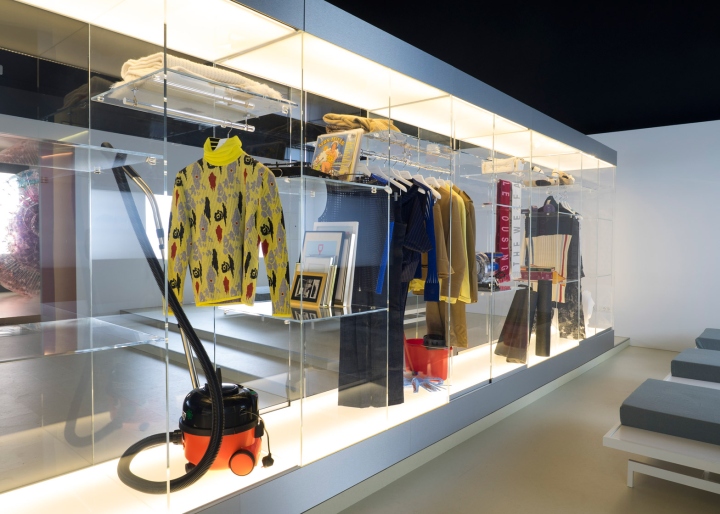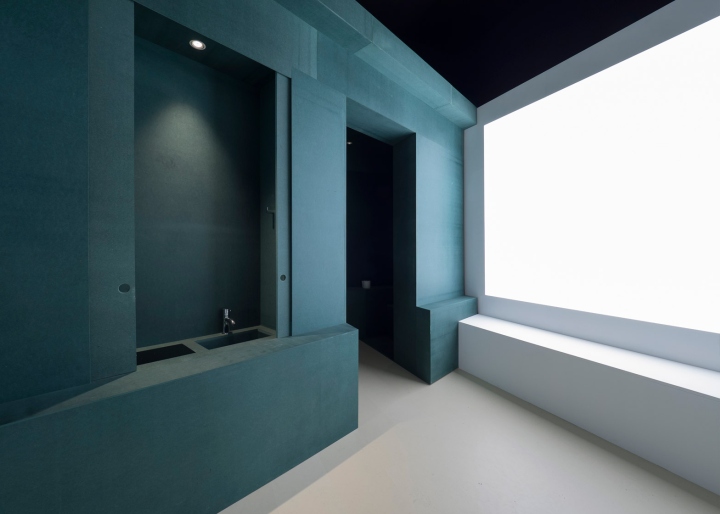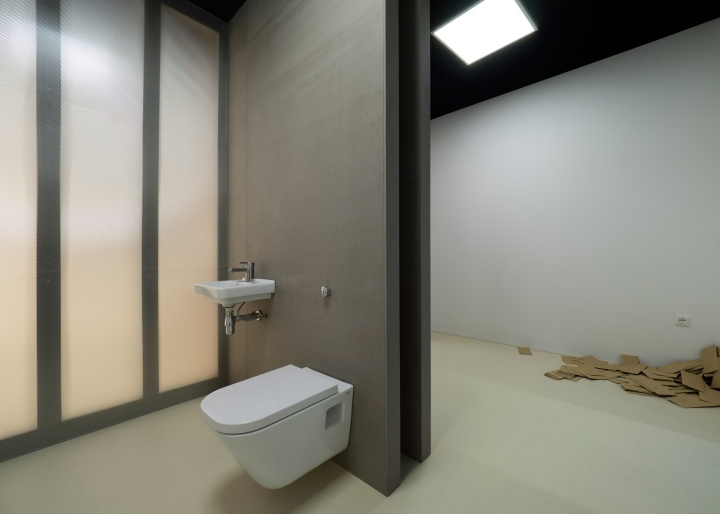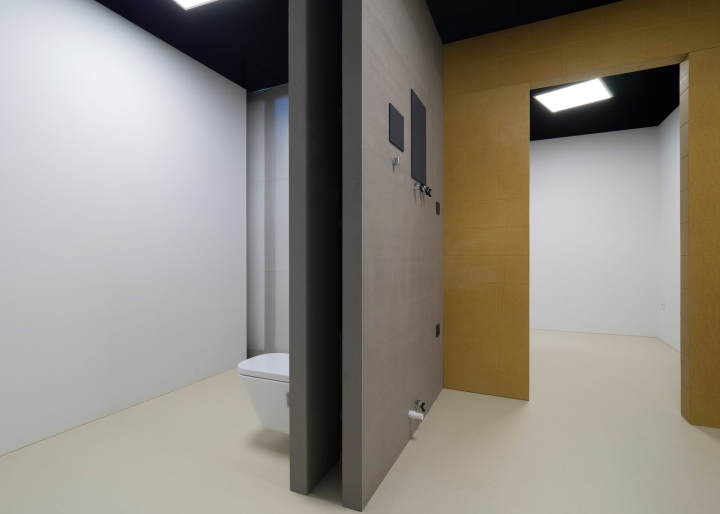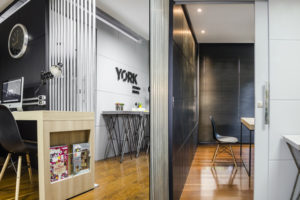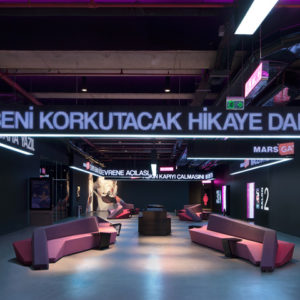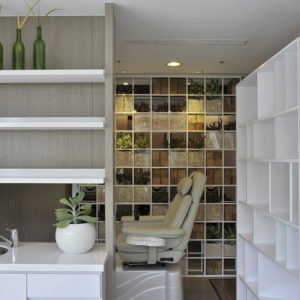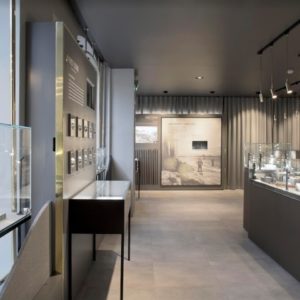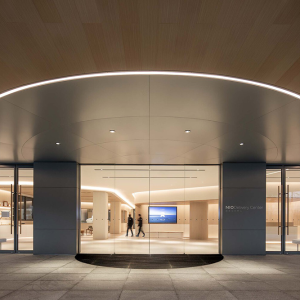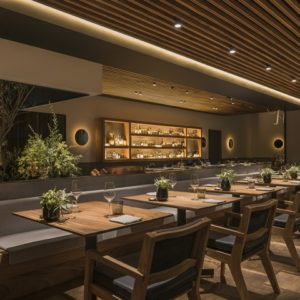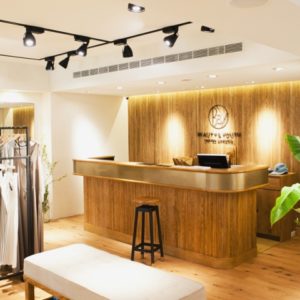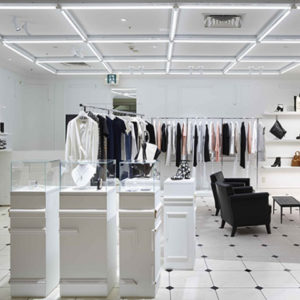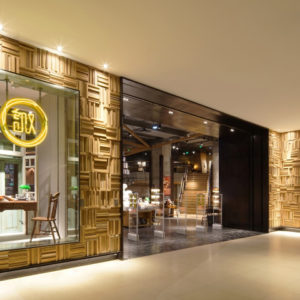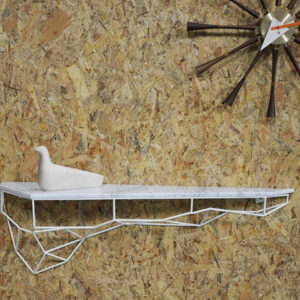
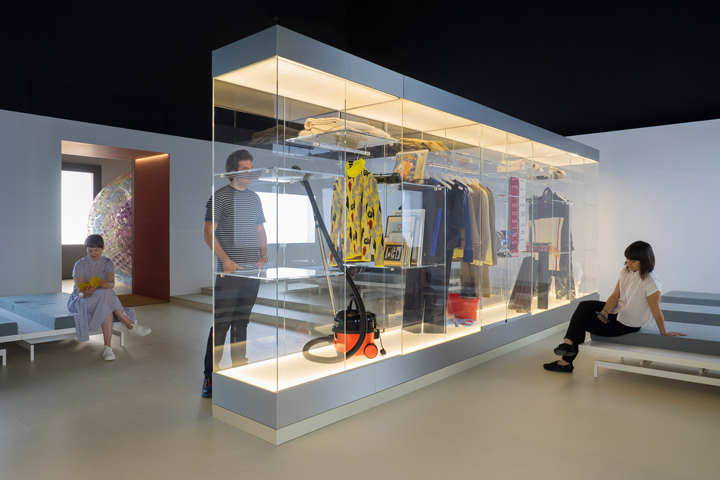

Sharing technologies like Uber and Airbnb could offer the answer to the UK housing crisis say the curators of the British Pavilion, who have unveiled five futuristic models of the home. For their Venice Biennale exhibition Home Economics, curators Jack Self, Shumi Bose and Finn Williams have called for architects to look beyond housing typologies, and to instead develop new financial models for housing.

They claim that collective ownership models – where people share the financial burdens of domestic life – is one solution, and could result in homes that are more affordable and more efficient. The exhibition is broken up into five sections, all proposing a different approach to housing. Each room addresses domestic life through different periods of time: hours, days, months, years and decades.

The aim is to show how the standard British house is no longer suited to the needs and lifestyles of the majority. The curators believe architects need to redesign these homes, but also to propose various new ways of paying for them. The first room, dedicated to hours, focusses on the sharing model. Featuring a huge transparent wardrobe filled with items ranging from vacuum cleaners to clothing and artworks, the room questions what items people would be willing to share.

The room also contains modular daybeds that could be tailored to different activities, based on the fact that the bed has overtaken the sofa as the statistically most-used item of furniture in the home. The days room, designed by art collective åyr, contains huge inflatable spheres that visitors can climb inside – intended to symbolise the portability of today’s living spaces.

Architecture office Dogma designed the months room, where a two-storey module suggests a new approach to short-term residencies, while the years room, by architect Julia King, shows a house with very few utilities preinstalled, forming the basis of a custom mortgage product.

The final room, looking at decades, was designed by architecture studio Hesselbrand. Divided up into areas rather than rooms – light and dark, wet and dry, soft and hard – it proposes a home with the flexibility to accommodate all types and ages. The British Pavilion is commissioned by the British Council. It officially opens to the public this weekend as part of the Venice Architecture Biennale 2016, which runs until 27 November 2016.
